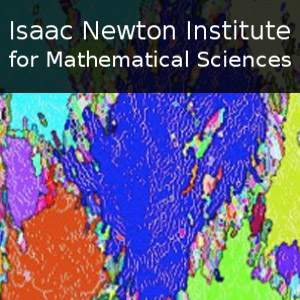| Abstract: |
The focus of this talk will be on the two research strands that currently exemplify wave-ice interaction research, namely: (i) the continuum paradigm, which leads naturally into parametrizations that can potentially be incorporated straightforwardly into wave forecasting models such as WAVEWATCH III or global climate models; and (ii) methodology that endeavours to represent the physics of each constituent process as faithfully as possible, acknowledging from the outset that approximations are inevitable. The advantages and disadvantages of each approach will be discussed, especially in the context of implications for the design of field experiments and the subsequent analysis of any data collected. It is asserted that field experiments grounded in the continuum paradigm are particularly challenging because the number of degrees of freedom in Nature is huge compared with a typical model. The consequences of using a linear ansatz will also be made clear, recognizing that very nearly all current mathematical models of the phenomenon are linear yet the few data that are available suggest that the assumption of linearity is inconsistent with observation in some cases and presupposes outcomes that are too restrictive. |

